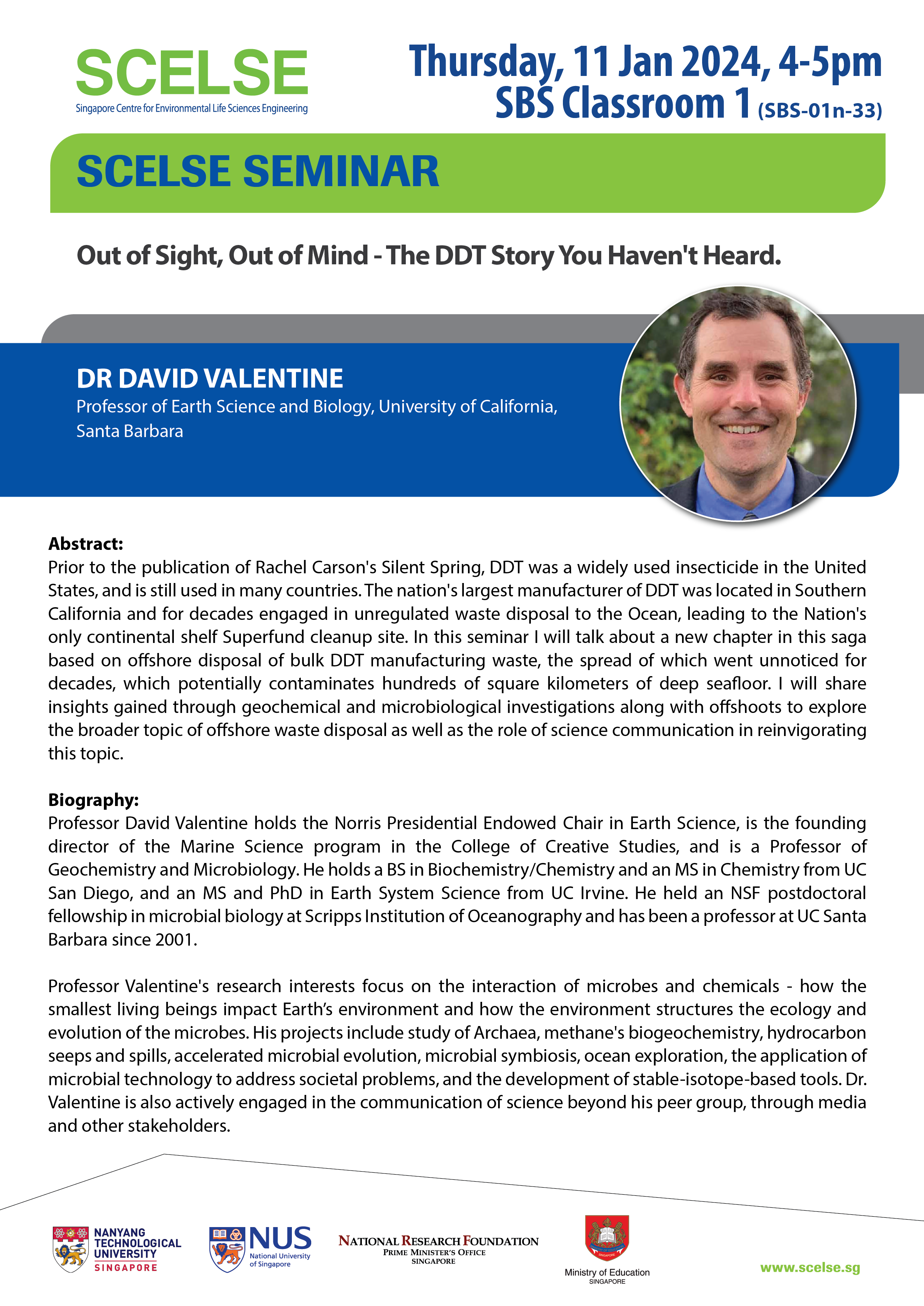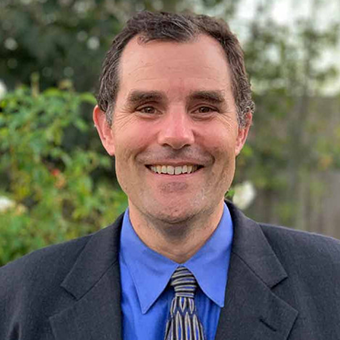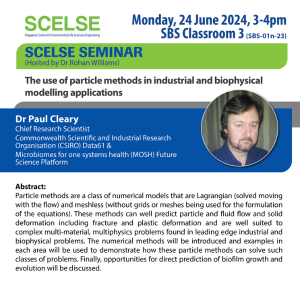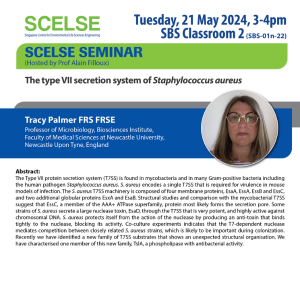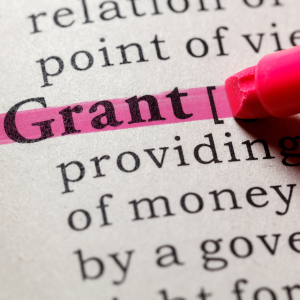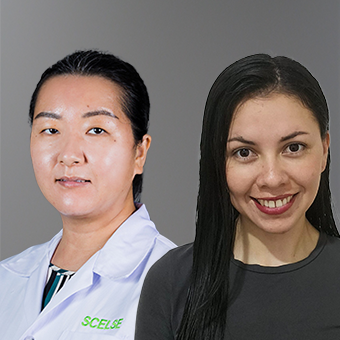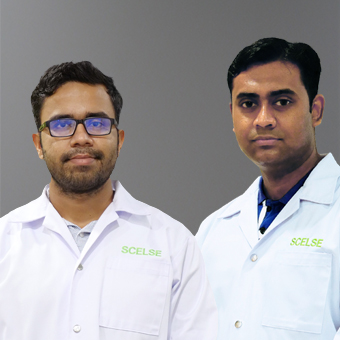Out of Sight, Out of Mind – The DDT Story You Haven’t Heard.
Date: Thursday, 11 Jan 2024
Time: 4pm – 5pm
Venue: NTU School of Biological Sciences Classroom 1 (SBS-01N-33)
Abstract:
Prior to the publication of Rachel Carson’s Silent Spring, DDT was a widely used insecticide in the United States, and is still used in many countries. The nation’s largest manufacturer of DDT was located in Southern California and for decades engaged in unregulated waste disposal to the Ocean, leading to the Nation’s only continental shelf Superfund cleanup site. In this seminar I will talk about a new chapter in this saga based on offshore disposal of bulk DDT manufacturing waste, the spread of which went unnoticed for decades, which potentially contaminates hundreds of square kilometers of deep seafloor. I will share insights gained through geochemical and microbiological investigations along with offshoots to explore the broader topic of offshore waste disposal as well as the role of science communication in reinvigorating this topic.
Speaker:
DR DAVID VALENTINE
Professor of Earth Science and Biology, University of California, Santa Barbara
Biography:
Professor David Valentine holds the Norris Presidential Endowed Chair in Earth Science, is the founding director of the Marine Science program in the College of Creative Studies, and is a Professor of Geochemistry and Microbiology. He holds a BS in Biochemistry/Chemistry and an MS in Chemistry from UC San Diego, and an MS and PhD in Earth System Science from UC Irvine. He held an NSF postdoctoral fellowship in microbial biology at Scripps Institution of Oceanography and has been a professor at UC Santa Barbara since 2001. Professor Valentine’s research interests focus on the interaction of microbes and chemicals – how the smallest living beings impact Earth’s environment and how the environment structures the ecology and evolution of the microbes. His projects include study of Archaea, methane’s biogeochemistry, hydrocarbon seeps and spills, accelerated microbial evolution, microbial symbiosis, ocean exploration, the application of microbial technology to address societal problems, and the development of stable-isotope-based tools. Dr. Valentine is also actively engaged in the communication of science beyond his peer group, through media and other stakeholders.
